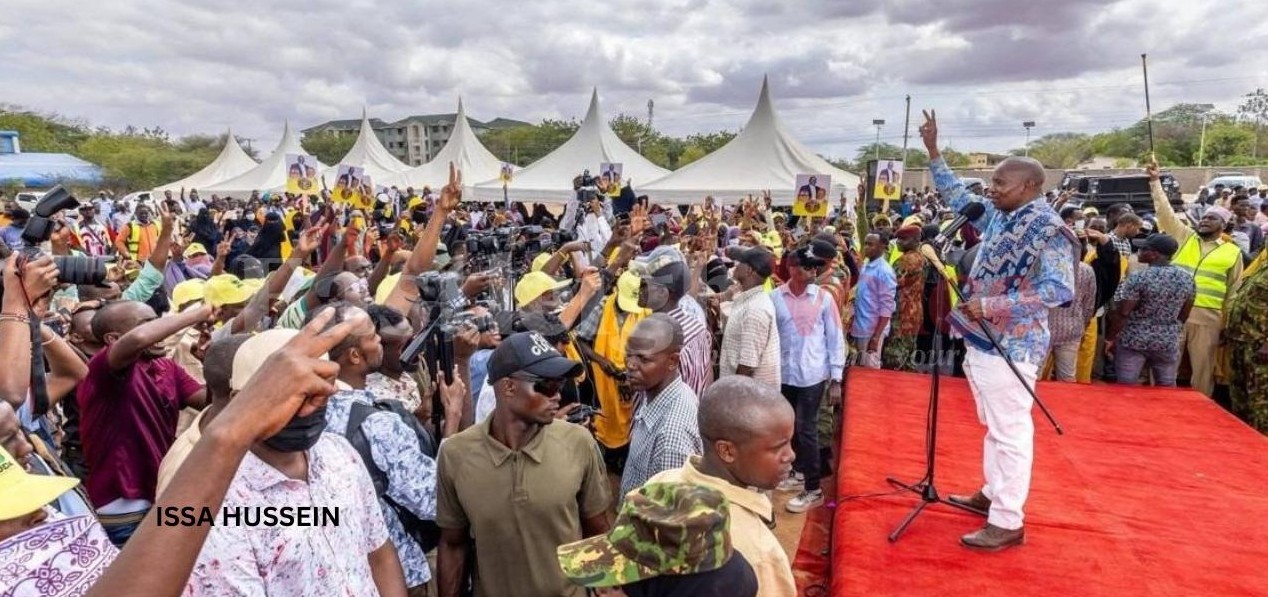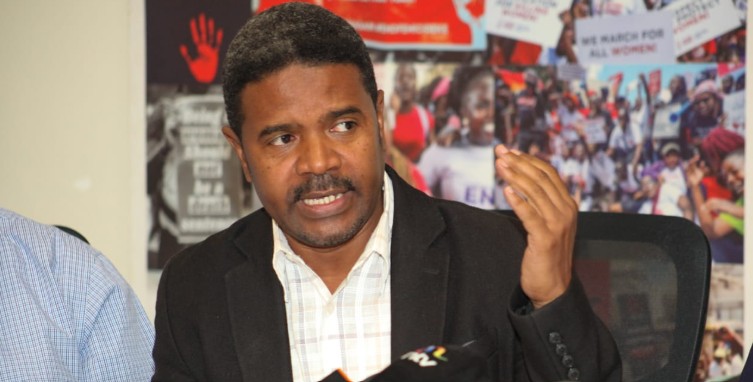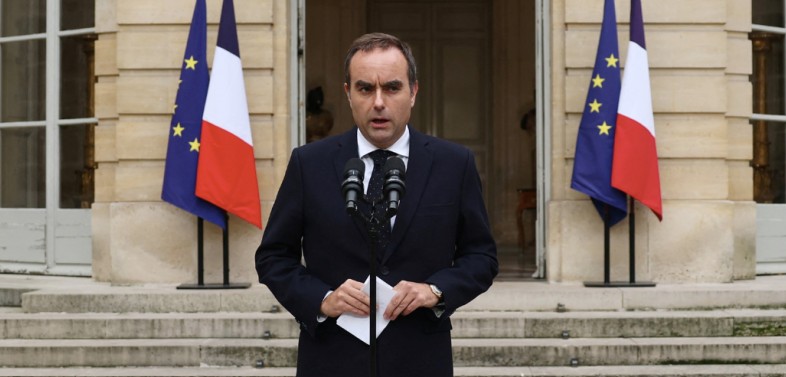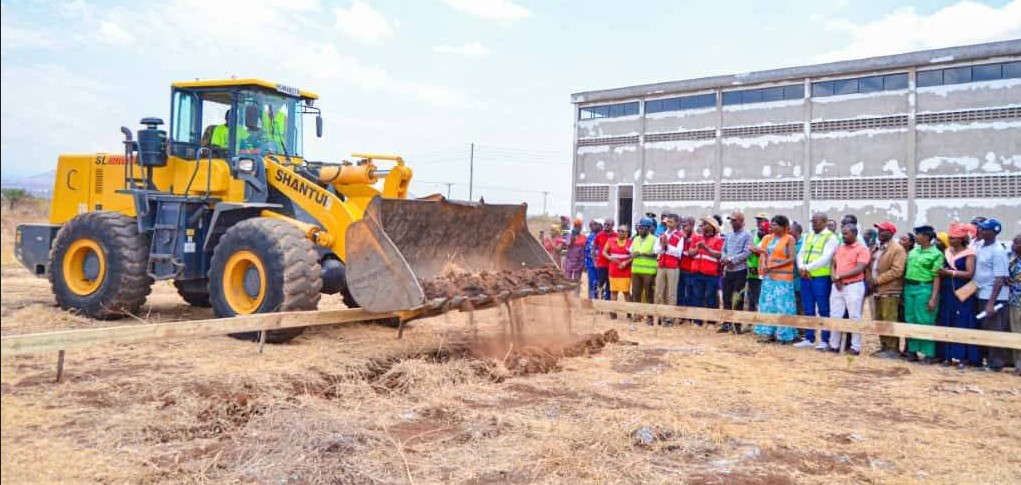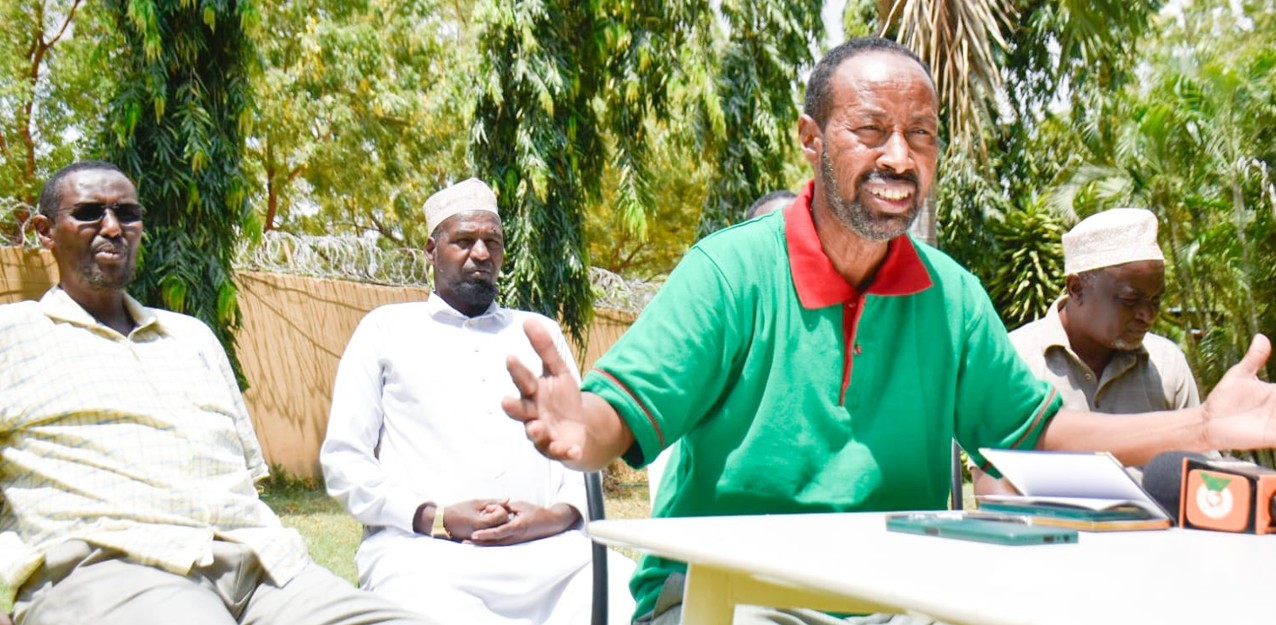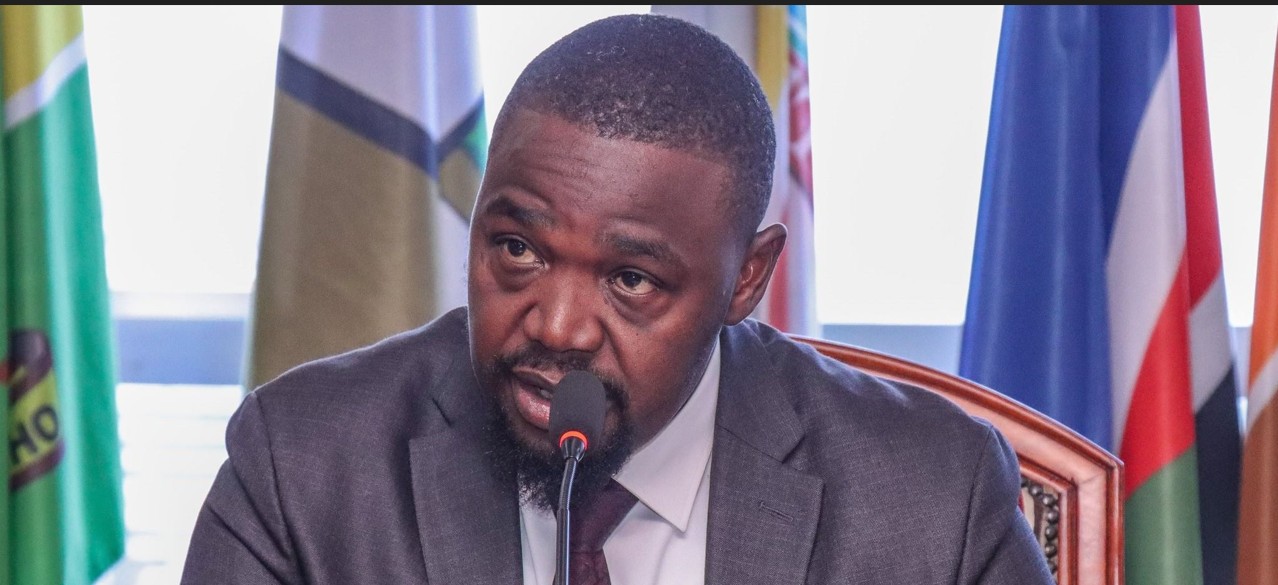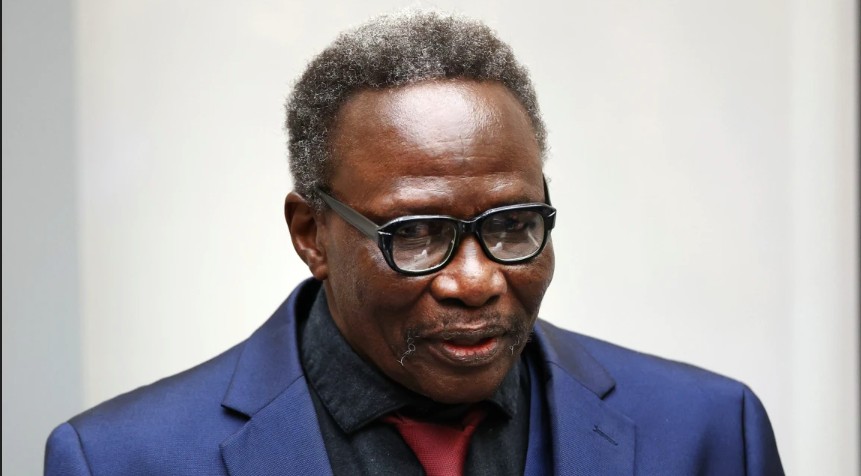UN assesses Kenya’s election readiness as government promises integrity in 2027 polls

The UN Mission is in Kenya following a request from the IEBC, which last month sought an independent evaluation of the country’s electoral environment and areas where technical support may be needed.
Prime Cabinet Secretary Musalia Mudavadi has assured a visiting United Nations electoral assessment team of Kenya’s commitment to holding transparent and credible elections in 2027.
Speaking in Nairobi after meeting the UN Needs Assessment Mission (NAM) delegation led by East Africa Division Principal Electoral Advisor Akinyemi Adegbola, Mudavadi highlighted the government’s focus on improving the electoral process while respecting the independence of the Independent Electoral and Boundaries Commission (IEBC).
More To Read
- Saboti MP Caleb Amisi: Youths must register as voters or stop complaining
- Lamu, Nyamira, Samburu record lowest voter registration numbers in ongoing IEBC Drive
- Nairobi leaders launch initiative to rally youths to register as voters ahead of 2027 polls
- Jubilee opts out of Kariobangi North by-election, backs Wiper candidate
- Over 7,000 Kenyans register in first four days as IEBC launches new biometric system
- Activist petitions IEBC to prove security of election systems amid spyware, AI threats
The UN Mission is in Kenya following a request from the IEBC, which last month sought an independent evaluation of the country’s electoral environment and areas where technical support may be needed.
"This is a critical step in ensuring that Kenya continues to consolidate democratic gains and uphold the integrity of its electoral system," Mudavadi said on Monday.
He added that the government is committed to ensuring that all election stakeholders — including security agencies, faith-based groups, civil society, and the judiciary — are well prepared for the 2027 general elections.
Benchmark election
"It is our desire that the 2027 general election be successful and will earn us stability and allow Kenya to continue being a benchmark election in the region and on the continent," he said.
Mudavadi also urged the UN team to consider the influence of emerging technologies on voter behaviour, misinformation, and electoral management, noting that their assessment would strengthen Kenya’s preparedness and enhance its regional credibility as a model for peaceful polls.
Adegbola, for his part, stressed that the Mission would conduct the assessment with impartiality and sensitivity, ensuring that its findings reflect Kenya’s evolving political context.
"We always have to strike a balance between engaging in politics and assessing political systems," he said, adding that the UN’s focus in Kenya has gradually shifted from logistics support to strengthening institutional capacities.
Meanwhile, the IEBC began its voter registration drive on September 29, targeting about 5.7 million new and young voters ahead of the 2027 elections. The initiative aims to expand Kenya’s voter registry from 22.1 million to around 27.8 million.
To improve accessibility, IEBC plans to increase polling stations to over 55,000, replace ageing KIEMS kits bought in 2017, and map registration centres nationwide to facilitate first-time voter registration.
Top Stories Today
